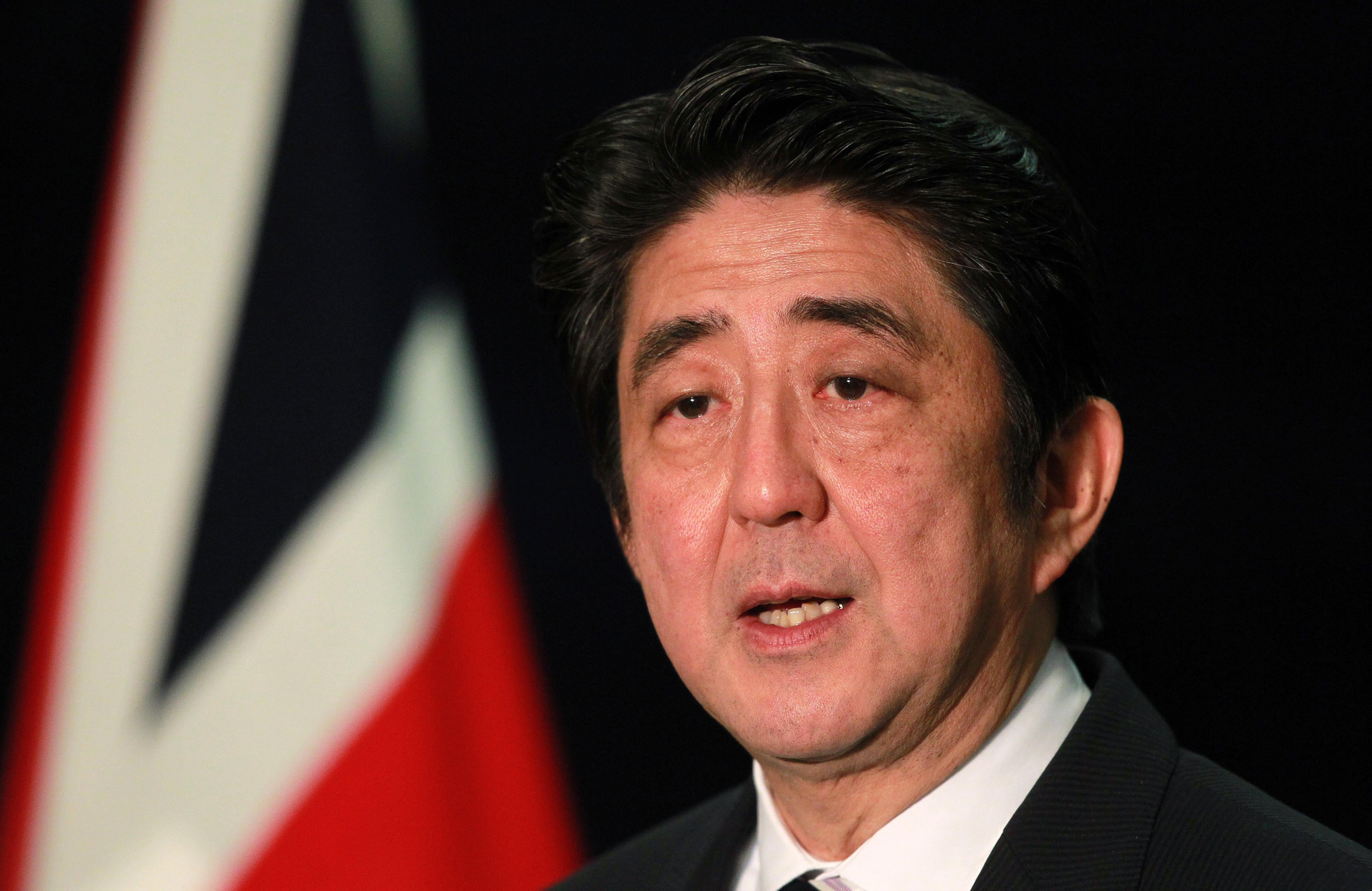Here’s some Abenomics news that shouldn’t surprise people but probably will. The latest Ministry of Finance trade data is up, and it shows that Japan’s nominal exports have risen, but so has Japan’s nominal trade deficit.
This is what happened when FDR took the United States off the gold standard and broke the back of the Great Depression in 1933. America’s output went up. America’s exports went up. But America’s net exports did not go up. There was simply an overall increase in demand and production. Shinzo Abe is roughly trying to replicate FDR’s experience of fiscal and monetary expansion, so I’m not surprised to see the pattern repeated.
But this is at odds with the conventional narrative around “currency wars” and depreciation. This conventional view tends to see monetary stimulus as a narrowly trade-focused measure focused exclusively on net exports. Once you’re inside that frame, monetary stimulus becomes subject to one of two critiques. One is that it’s zero-sum and the stimulating country is beggaring its neighbors. The other is that it won’t work—that the same monetary stimulus that bolsters exports will also raise the price of energy imports. Both of those points contain some truth, but they miss the larger story. Monetary stimulus might raise net exports depending on what else is going on, but net exports aren’t the issue. Overall demand is the issue.
